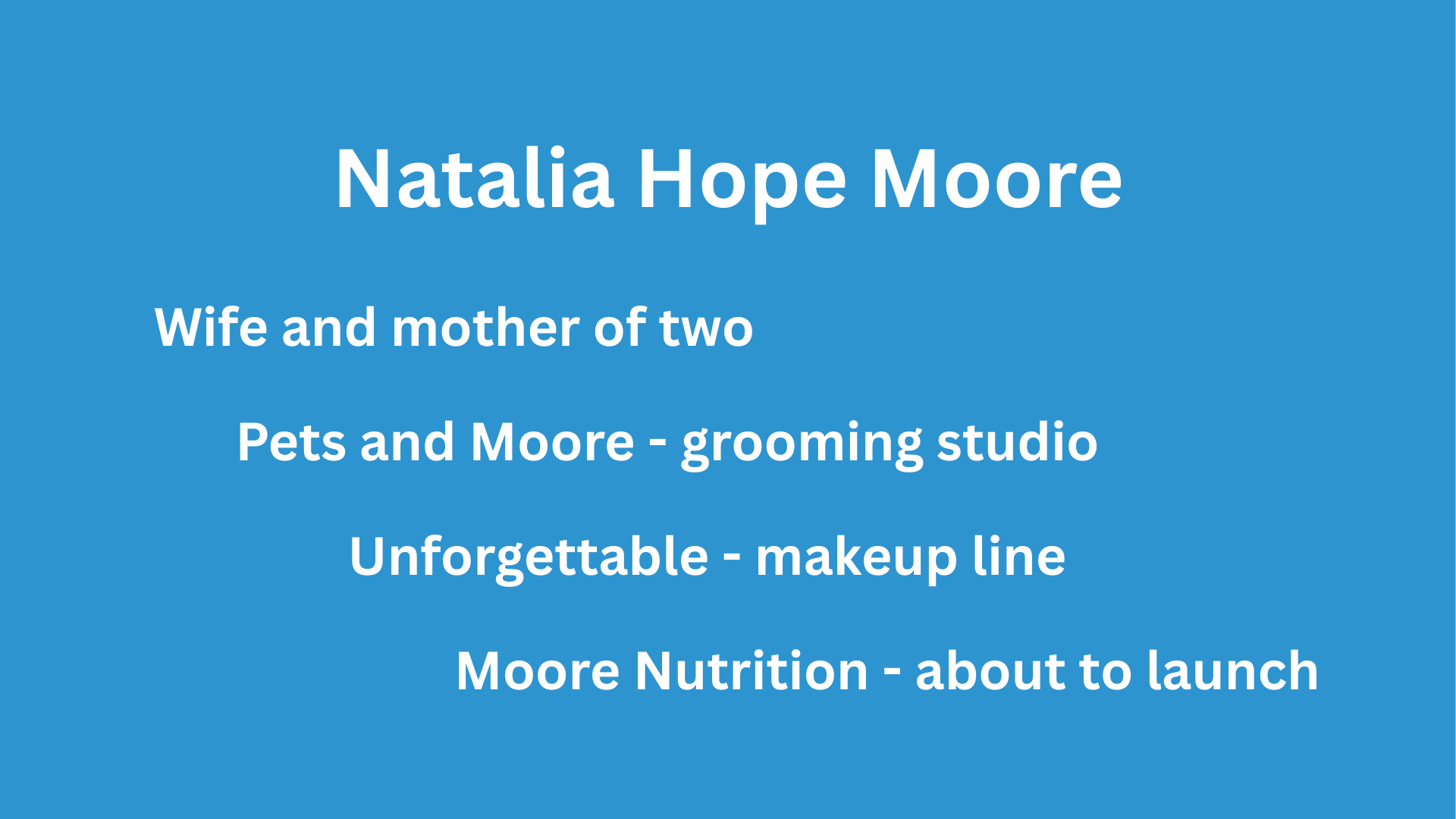
Understanding the Importance of Cardiac Testing
In today's fast-paced world, many professionals experience symptoms such as shortness of breath, heart palpitations, and mild chest pain. These signs are often brushed off as merely stress-related or attributed to a busy lifestyle. However, it's crucial not to overlook these indicators, as they could signal underlying heart issues. For those facing such situations, understanding cardiac testing becomes paramount.
Why Patients Feel Anxious About Testing
Many individuals feel a deep sense of apprehension at the thought of undergoing cardiac tests. This anxiety can stem from a variety of sources, including fear of the unknown and fear of receiving bad news. Dr. David Weininger Cohen, a cardiologist at the Leonard M. Miller School of Medicine, emphasizes the significance of addressing these fears head-on. He states, "Explaining why cardiac testing is necessary can disarm a patient's anxiety. Knowing that these tests can identify problems before they escalate into serious health issues helps patients see the value in testing."
Personalizing the Approach to Testing
Every patient's experience is unique, and recognizing individual fears related to cardiac testing is essential. Dr. Weininger Cohen recommends a patient-centered approach; this involves personalizing discussions about the procedures and expected outcomes. Instead of offering blanket information, spending time with each patient, making them feel comfortable, and providing detailed explanations about what to expect can significantly reduce anxiety and foster a sense of trust.
Reassurance Through Knowledge
Many patients fear what the results of their tests may reveal. Addressing these concerns by walking them through potential outcomes can be reassuring. Not only does it prepare them for what might come, but it also emphasizes the importance of testing. By highlighting the importance of differentiating cardiac from non-cardiac conditions, healthcare professionals can further alleviate fears. Dr. Weininger Cohen encourages doctors to say, “Some chest pains can originate from structures other than the heart, like the esophagus or other body parts; it's crucial to explore all possibilities.”
Tips for Healthcare Professionals
Healthcare providers can adopt a few key strategies to help ease patients’ fears:
Open Communication: Create a space where patients feel free to express their worries about both the tests and potential results.
Explain the Process: Offer clear explanations of all procedures involved. Knowing the tests will be conducted in a controlled environment with trained professionals often alleviates anxiety.
Follow-Up Conversations: After tests are conducted, maintain an open line of communication. Schedule discussions about results to help manage any fears they may have regarding the outcomes.
Holistic Approaches to Cardiac Health
In addition to medical testing, adopting a holistic approach to heart health can significantly benefit patients. Simple lifestyle changes, such as regular exercise, a balanced diet, and mindfulness practices, can help mitigate anxiety and promote overall well-being.
The Bigger Picture: Health and Wellness
Understanding cardiac testing is not just about immediate concerns but integrating overall health and wellness. By embracing awareness of personal health and making informed decisions, patients can contribute to their holistic wellness journey. Professionals should inspire their patients to view cardiac testing as a key element in a more extensive health and wellness strategy rather than a standalone event.
Your Health Matters: Embrace the Journey
As we navigate the complexities of our health, it's vital to remember that awareness and information empower us. Cardiac health is an integral part of our overall wellness, and prioritizing our heart health is a journey worth embracing. Regular check-ups and being proactive can lead to a healthier, more vibrant life.
 Add Row
Add Row  Add
Add 




Write A Comment